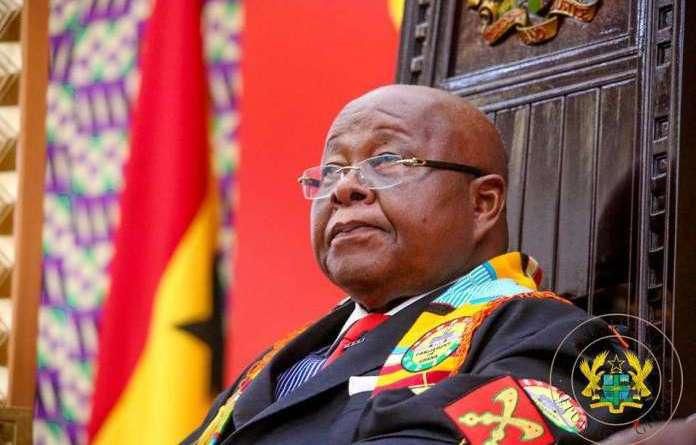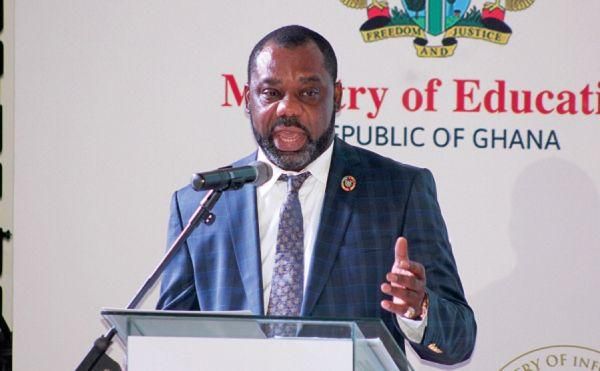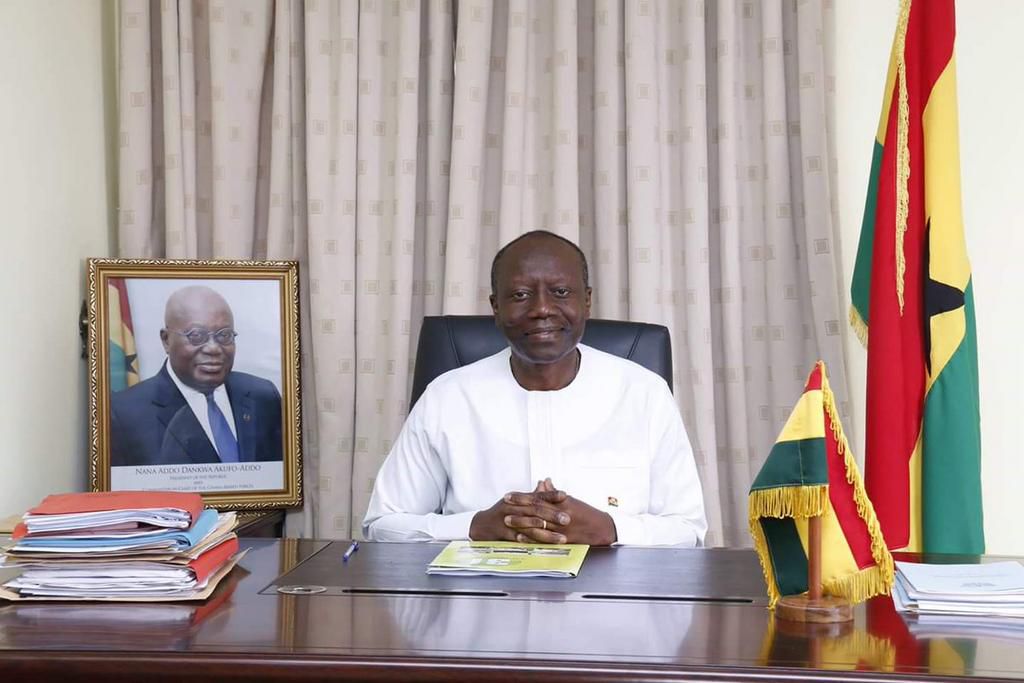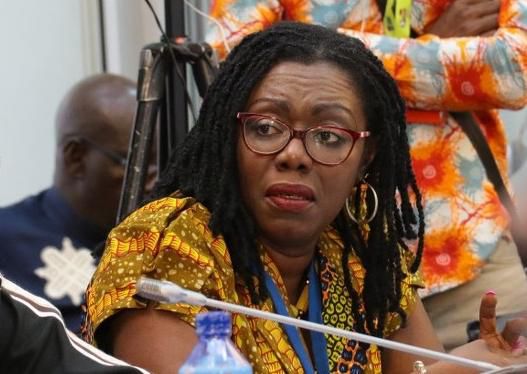4 gov't policies that was a national controversy in 2019
)
As it has been the norm for most governments since Ghana returned to democratic rule in 1993, controversies have become a part and parcel of governments.
Having racked up its fair share of controversies since its inauguration in 2017, the New Patriotic Party government had a tumultuous 2019 too as some of its policies stirred up national controversies.
Let's go down memory lane and relieve some of these moments that got Ghanaians talking in 2019.
New Parliamentary Chamber
In July, the Speaker of Parliament, Professor Aaron Mike Ocquaye unveiled a design for a new chamber for Parliament.
The new Chamber, with a sitting capacity of about 450 Members of Parliament, would house other facilities including diplomatic offices, a library, a museum, a church, a mosque, eateries, press conference rooms, galleries, a car park, an upper gallery garden, a post office and other facilities to complete the Parliamentary enclave.

It was estimated to cost the Ghanaian taxpayer $200m and this instantly caused an outrage among the citizenry.
Championed by ace broadcaster Nana Aba Anamoah on social media, a hashtag #DropThatChamber was coined to protest against the plans. The leadership had to eventually abandon the project due to the backlash.
Comprehensive Sexuality Education Manual
Rumours about the Ghana Education Service adopting the Comprehensive Sexuality Education Manual for basic schools in the country generated controversy.
Religious leaders and civil society organisations argued that the adoption of the manual will go against our culture and introduce gays in the country.

This led to the Minister of Education, Dr. Matthew Opoku Prempeh to come out and deny that government has adopted the manual.
"The current President's Cabinet did not agree with the CSE when put before it."
"We in the Ministry were directed to make sure that, according to Article 39 of the 1992 Constitution, this sits with the cultural norms of the country," he said.
Termination of PDS Deal
In March 2019, the government of Ghana officially handed over its assets at the Electricity Company of Ghana (ECG) to the Power Distribution Services in a concessionaire agreement.
However in a letter dated October 18 and signed by the Minister of Finance, Ken Ofori-Atta, the government announced that it was cancelling the agreement with PDS.
“We also wish to reiterate the position communicated to the CEO of the MCC by the President of Ghana during their meeting on the sidelines of the United Nations General Assembly in New York on September 23rd to the effect that, the current concession had to be terminated in view of the facts uncovered regarding the failure by PDS to satisfy conditions precedent under the relevant transaction documents AND, however, that every effort would be employed to ensure a suitable replacement within the relevant timelines in order to complete the Compact", the letter said.

In consequence, the American government the transfer of $190 million granted to Ghana following the termination of the concession agreement with Power Distribution Services (PDS).
Describing the termination of the deal by the Ghanaian government as unwarranted, the US in a statement issued by its Embassy in Accra maintains that the agreement was valid.
The statement added that the US regrets the decision to terminate the contract.
"The United States of America notes this decision with regret. Based upon the conclusions of the independent forensic investigation, the U.S. position is that the transfer of operations, maintenance, and management of the Southern Distribution Network to the private concessionaire on March 1, 2019, was valid, and therefore the termination is unwarranted," the statement said.
Communication Service Tax
On October 1, the major telecommunications companies introduced the new communication service tax which has been increased by 3%.

With the already existing tax being 6%, the telcos pushed the subsequent 9% on consumers and deducted that tax at every purchase of talk time or data.
This led to a directive from the Minister of Communications, Ursula Owusu Ekuful which said the CST should be treated the same way VAT, NHIL, GETFUND levy and all other taxes and levies imposed on entities doing business in Ghana are treated.
)
)
)
)
)
)
)
)
)
)
)
)
)
)
)
)